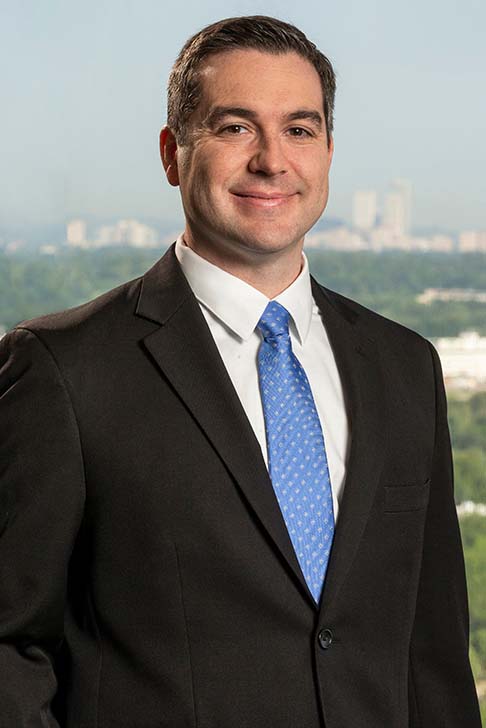When Fireworks Aren’t Fun
Taking proactive steps with your estate plan can diffuse tensions among beneficiaries.
BY RYAN SHORT, CFP®
Senior Vice President
When the Second Continental Congress voted to declare independence from Britain on July 2, 1776, John Adams quickly predicted, in a letter to his wife, “that it will be celebrated, by succeeding Generations, as the great anniversary Festival … to be solemnized with Pomp and Parade, with Shews, Games, Sports, Guns, Bells, Bonfires and Illuminations from one End of this Continent to the other from this Time forward forever more.” Indeed, the Sons of Liberty fulfilled Adams’s vision on July 4, 1777, enlivening the skies with fireworks and merriment. Americans still gather 246 years later from sea to shining sea to marvel at these colorful explosions, joyfully expressing gratitude for our great nation.
While we welcome fireworks on Independence Day, we earnestly hope to avoid them in estate and trust administration. Fireworks, in that context, can be expensive, time-consuming, and often lead to irreparable family discord. Even a thorough estate plan formulated by an experienced attorney and properly executed by a grantor can become the focus of friction among beneficiaries.
Sometimes, family conflicts manifest during estate settlement, leading to costly litigation. In many cases, the fight isn’t about the about plan; it’s really about the feelings of hurt that develop over the years. Perhaps one child feels slighted because another child was named trustee. Why did Mom and Dad trust you instead of me? Maybe one sibling cannot forgive another for perceived preference during childhood. Why did Mom and Dad always give you more than me?
Sometimes, these fireworks are unavoidable. Fortunately, there are some simple steps that you can take during life to mitigate the risk of an explosion.
Communicate Your Plan
After finalizing your estate plan, consider sharing it with all impacted parties. Some of our clients choose to have a family meeting where they provide copies of documents and share the thinking behind their choices. By doing this, the family has an opportunity to discuss and digest the plan before it’s put into action. The conversation can be especially helpful if there are unequal distributions among siblings after death.
Consider an Independent Trustee
Naming an independent trustee can also reduce the risk of conflict. An independent trustee can administer the plan and communicate dispassionately with those inheriting assets from an estate. Although a responsible family member can impartially execute estate plans, the emotional baggage that accumulates within families can sometimes skew perceptions of fairness and manifest in unforeseen ways.
These simple steps may prevent the wrong kind of fireworks from erupting at the next Fourth of July family cookout.

RYAN SHORT, CFP®
Senior Vice President
(918) 744-0553
RShort@TrustOk.com




